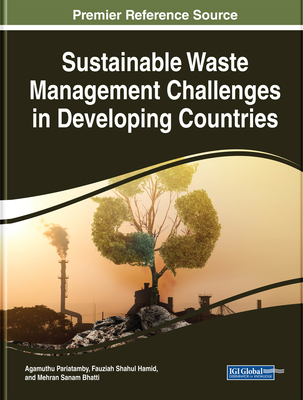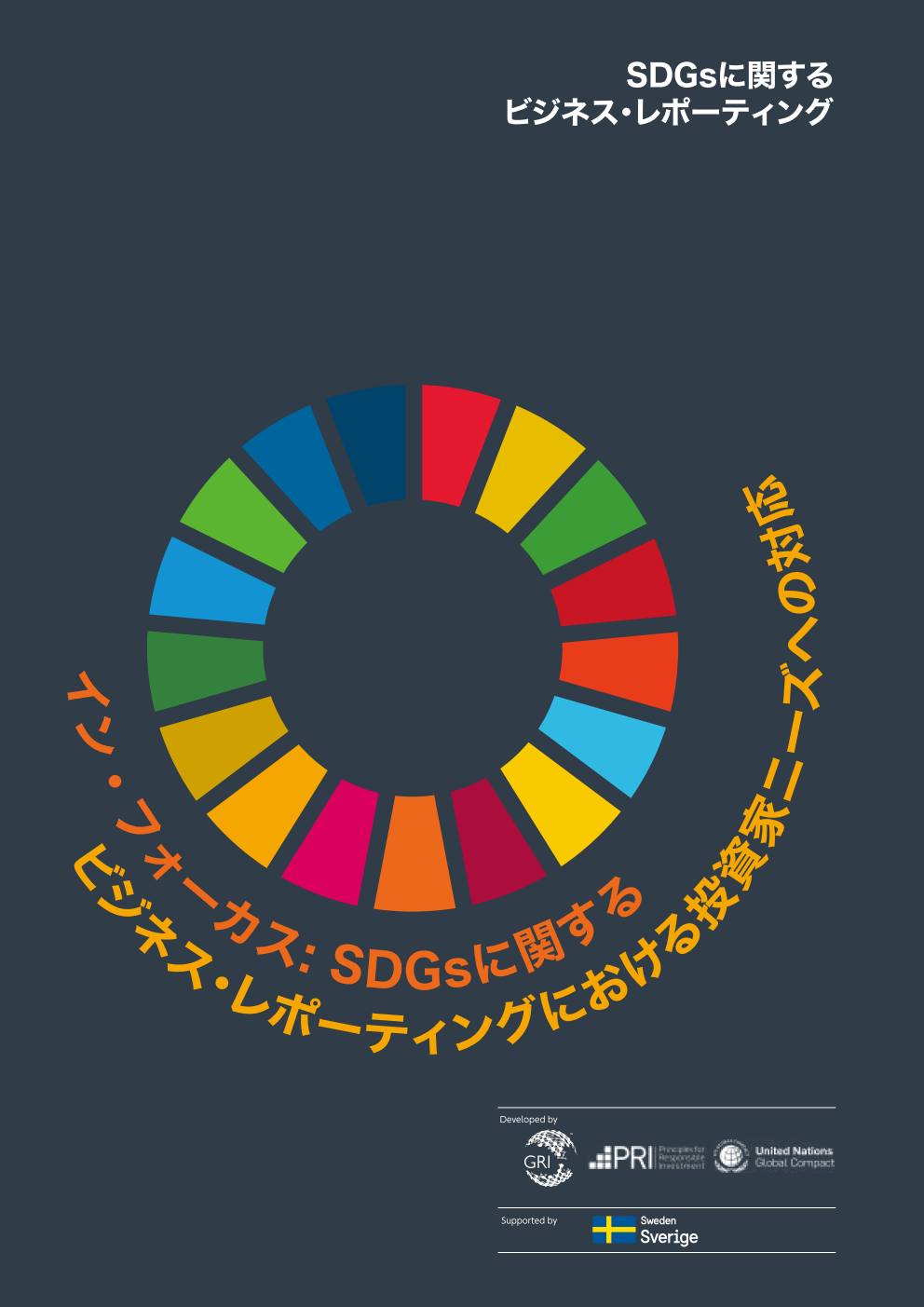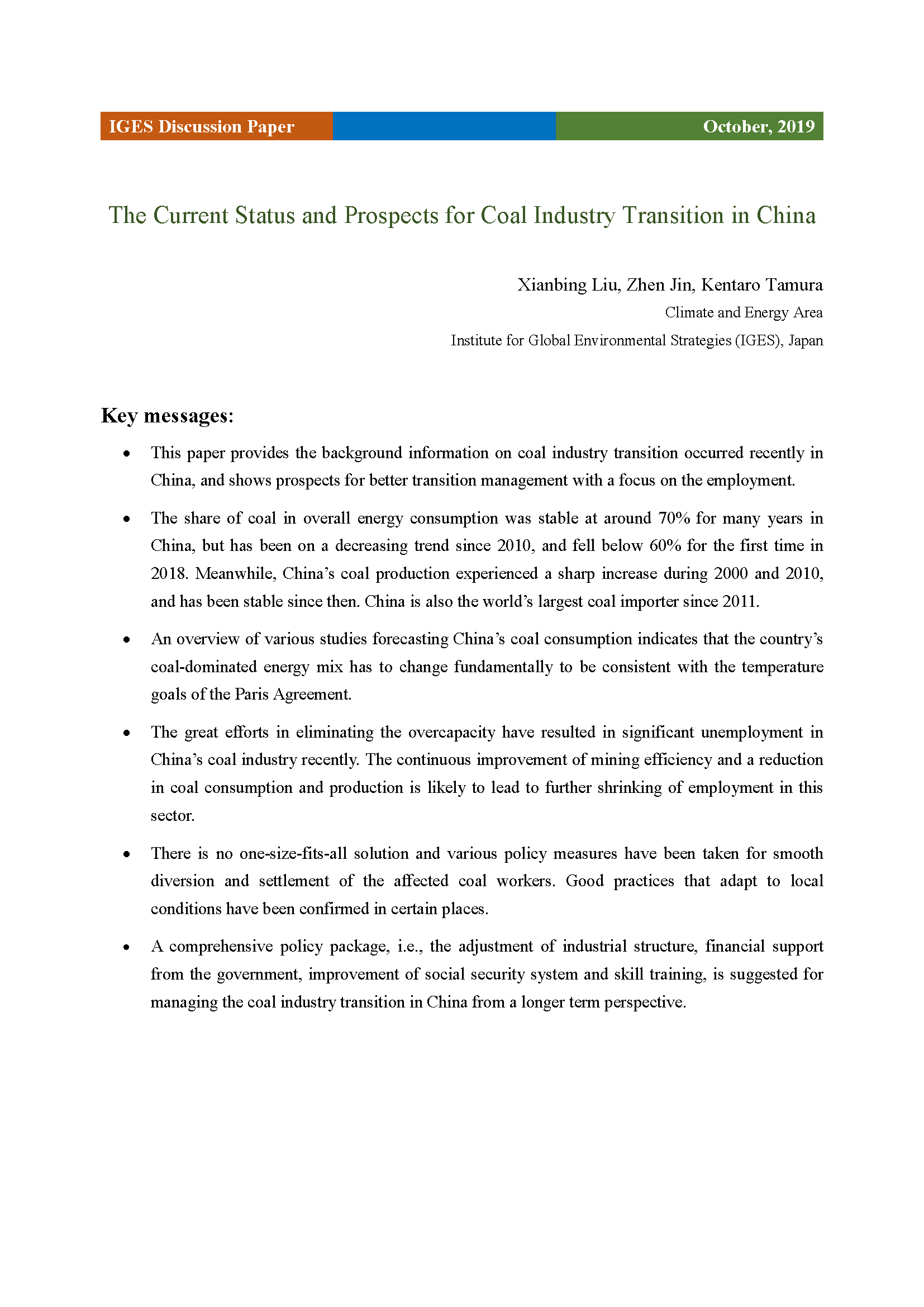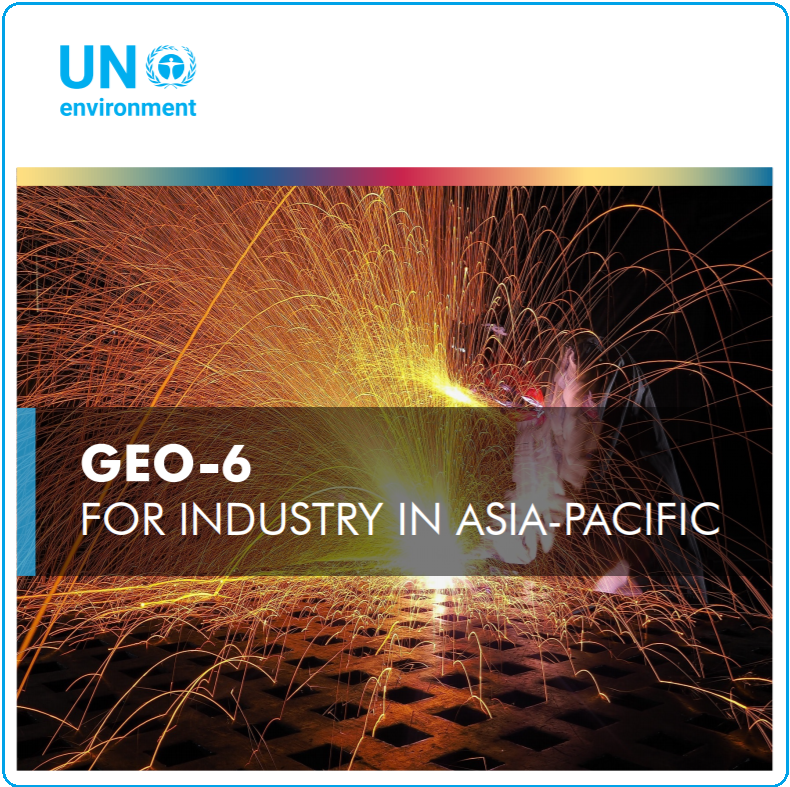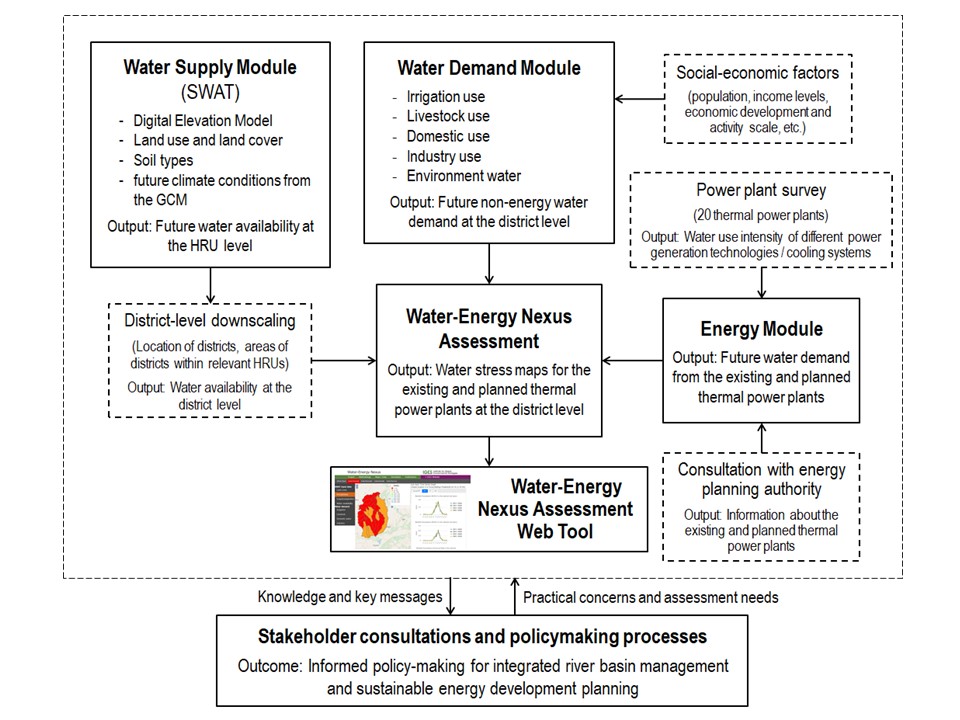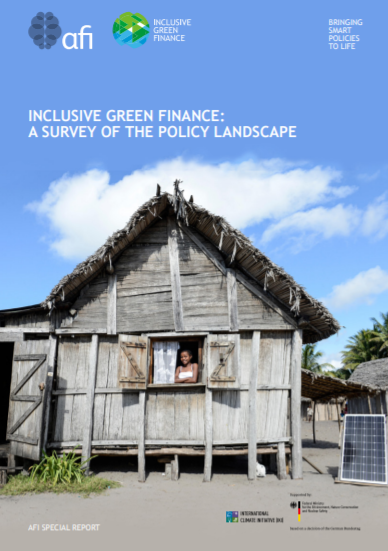In Proceeding of the Eastern Asia Society for Transportation Studies
Transformative actions on climate change and other sustainability issues at city level is important to achieve GHG emission reduction. To anchor transformative actions, a wider societal consensus building based on science policy process is key element. This paper explores process to prioritize policies and detail actions of selected policy on low...


